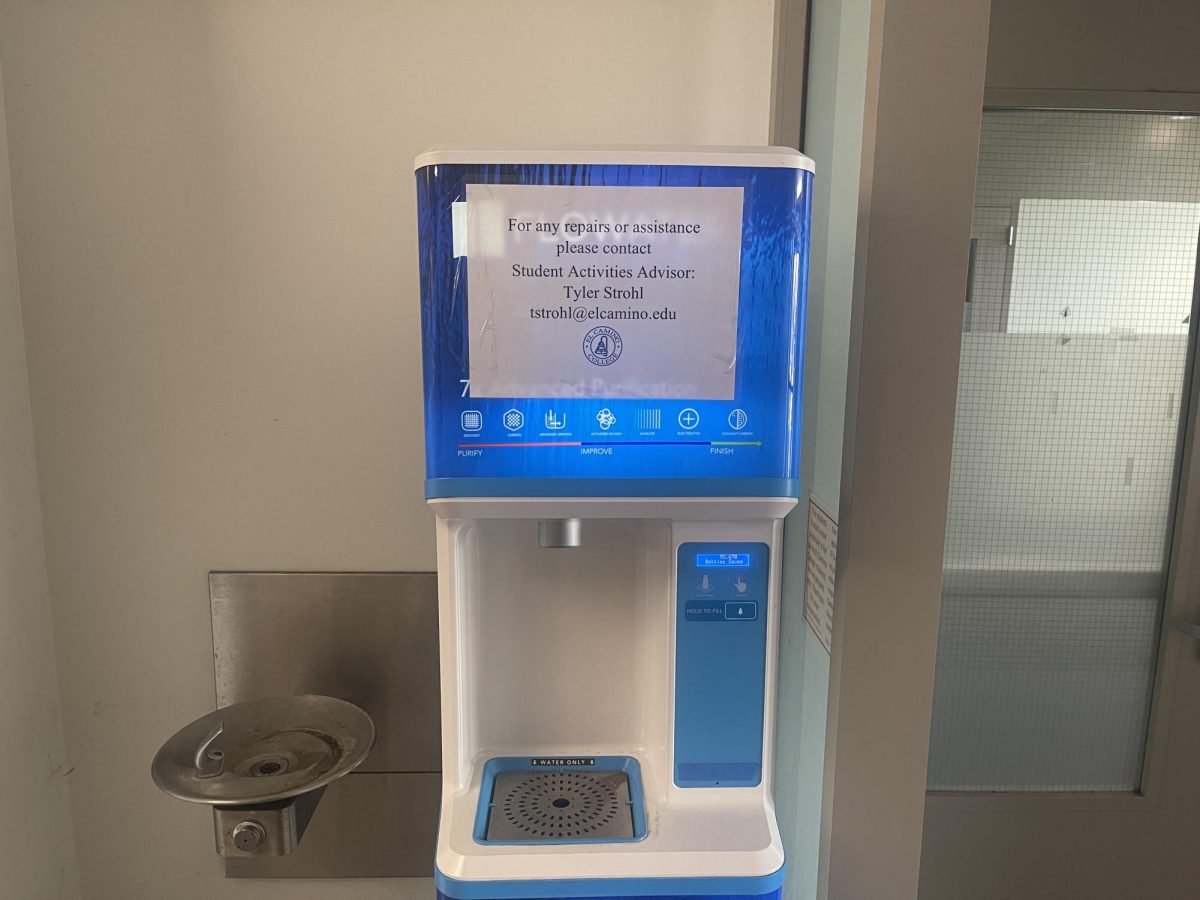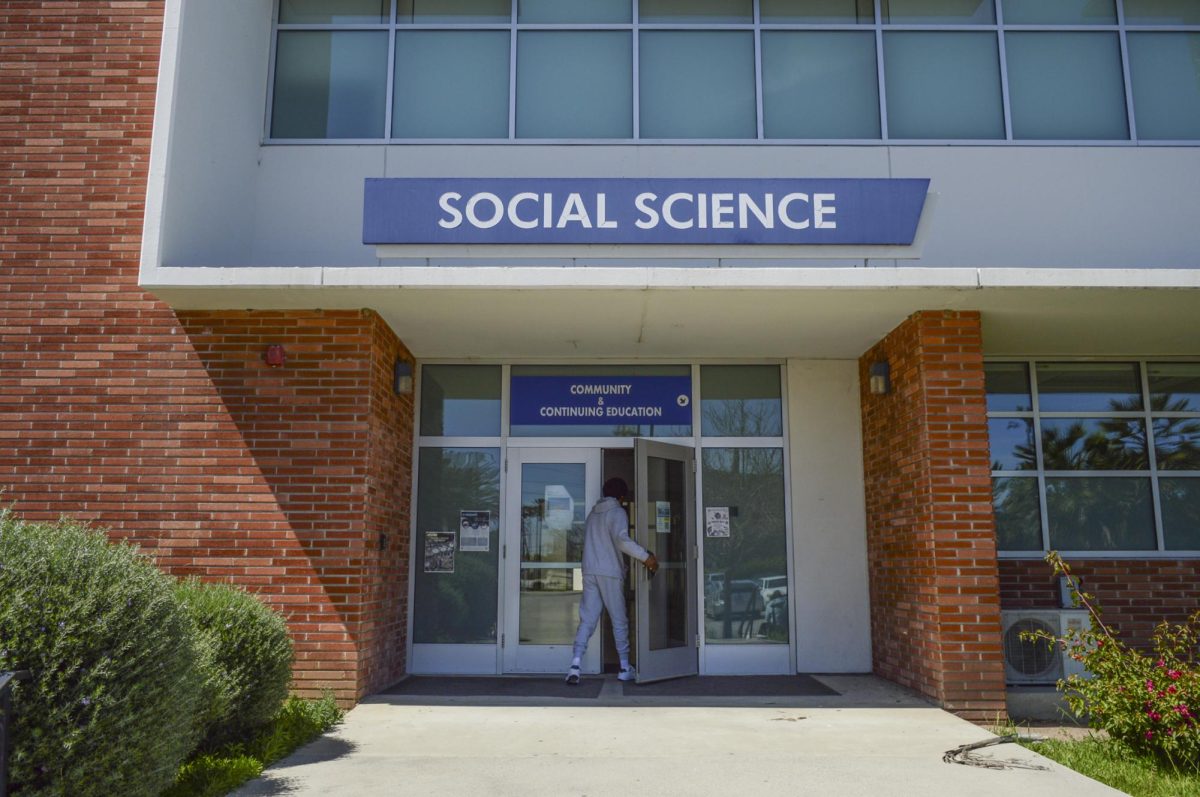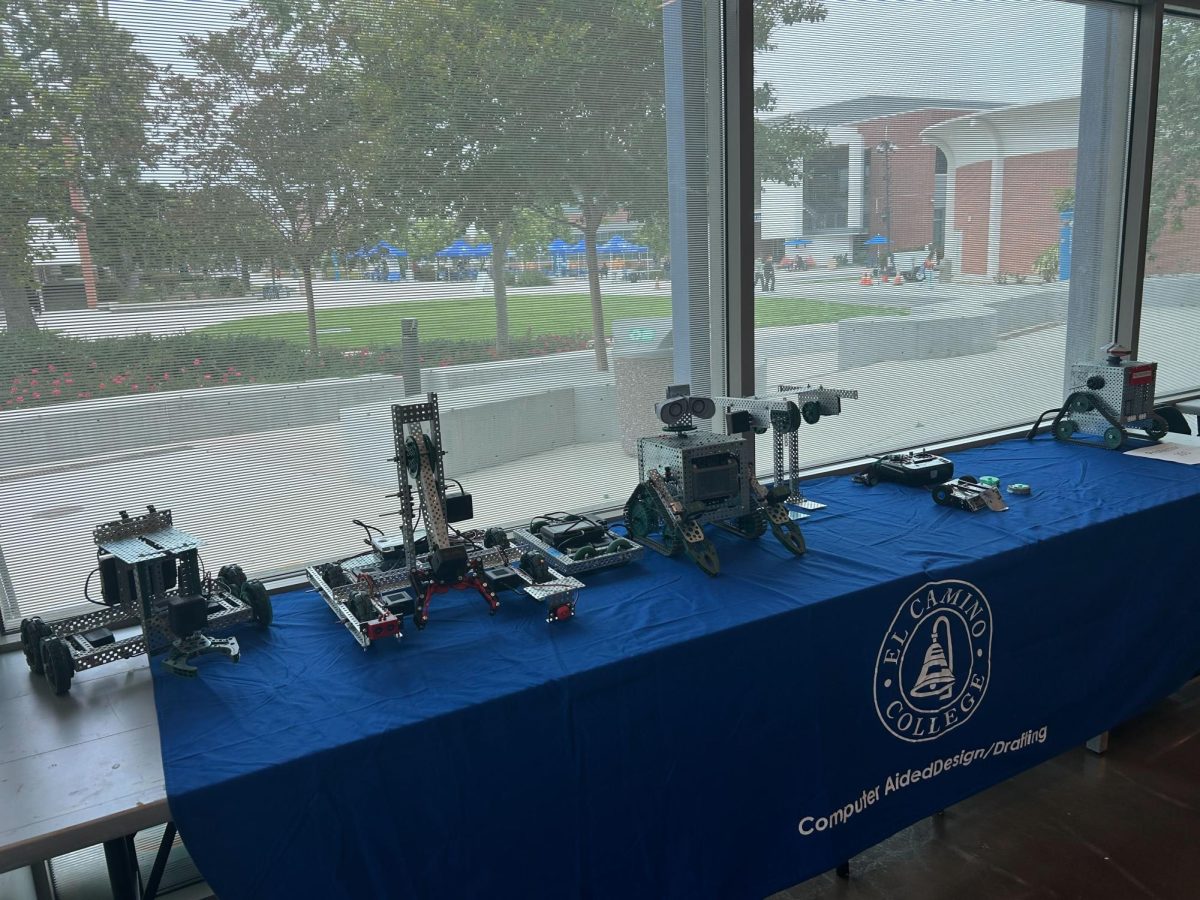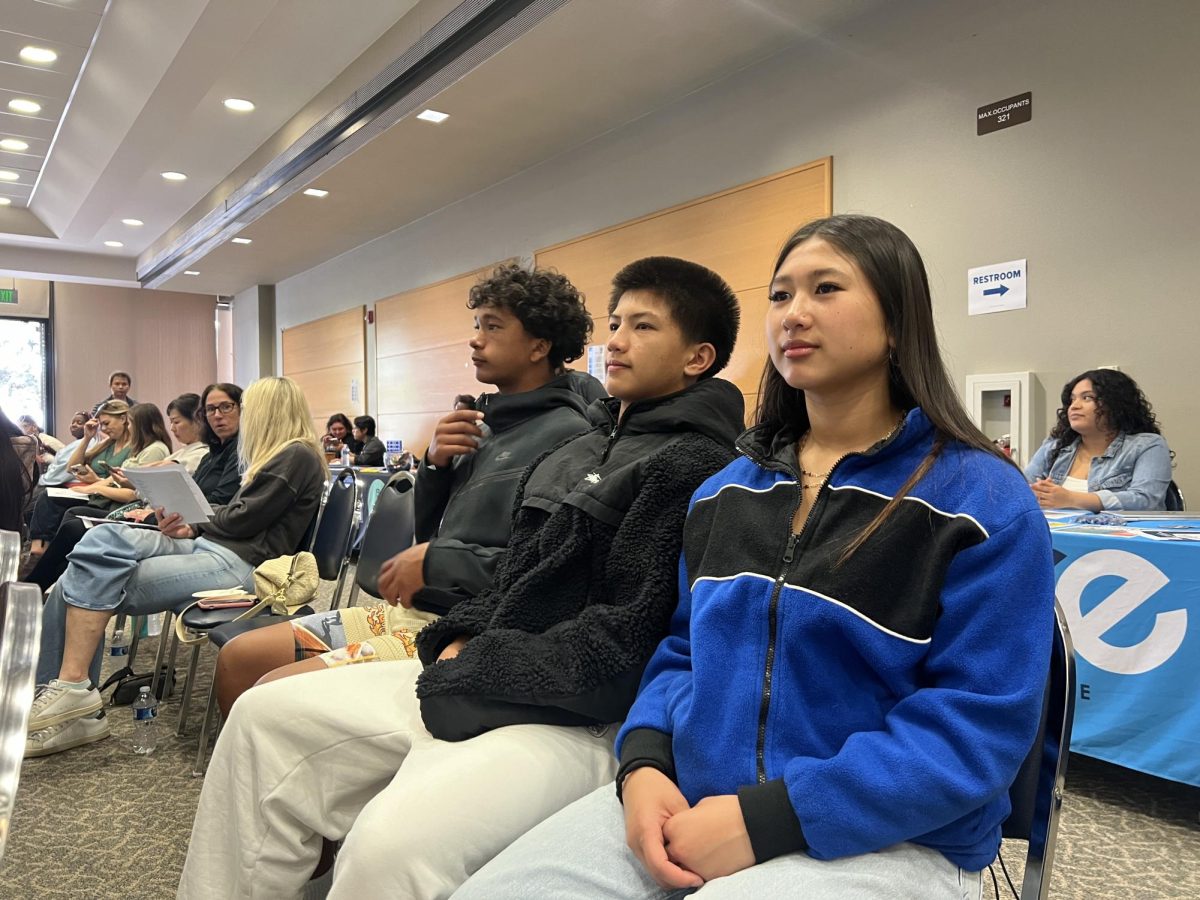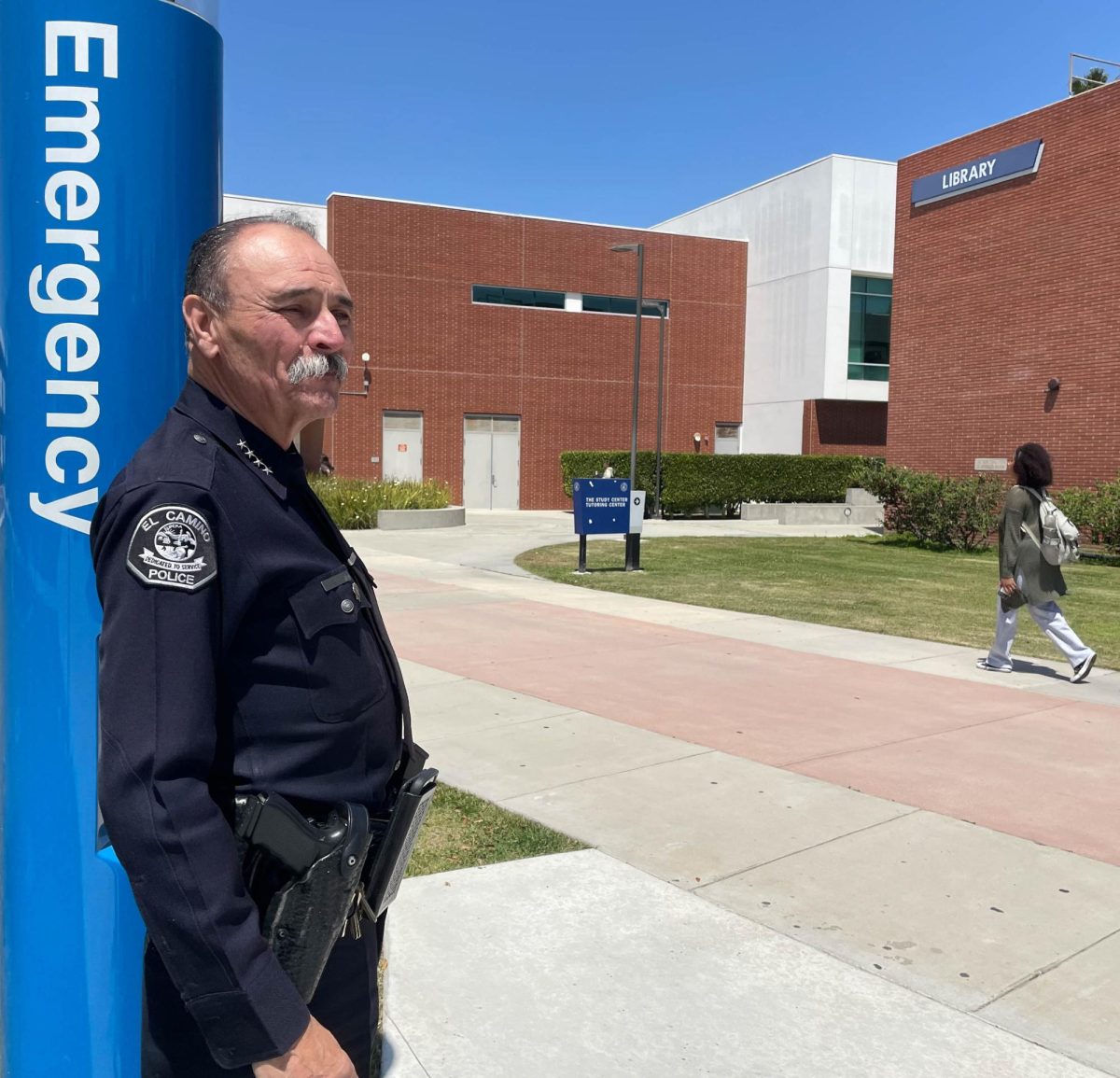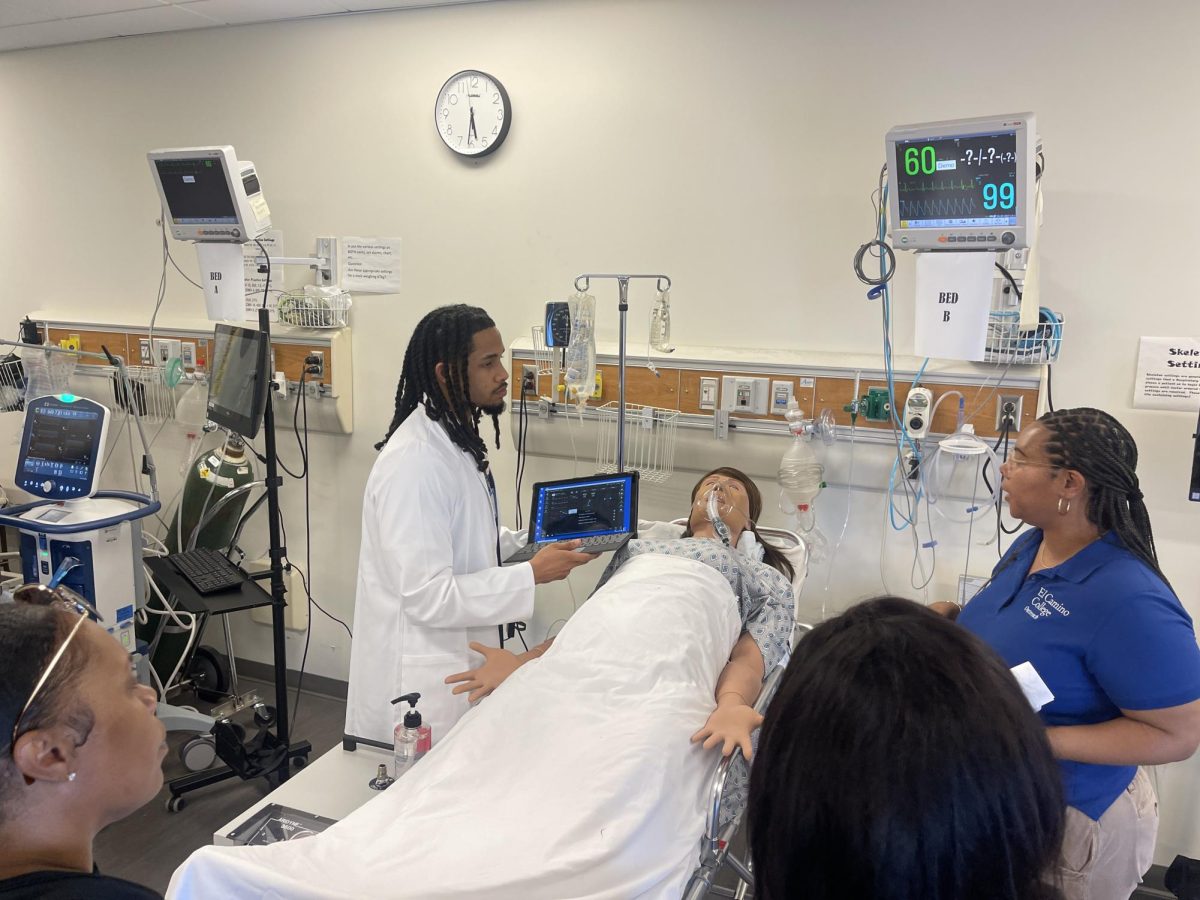Over two months ago, El Camino College decided to close its campus and transition most courses into online instruction.
As expected, the change from in-class to online teaching has left a major impact on the education of many ECC students, whether it was a change in lesson plans, or the cancellation of classes.
Along with that, students and health officials alike have begun to wonder if the change in education has also led to changes in sleep and dream patterns.
“I’ve [been] staying up until, like, five o’clock in the morning and sleeping in until one in the afternoon. My sleep schedule has completely been destroyed since quarantine started,” Aidan Bernstein, an English major at ECC said.
Bernstein was contained in his home two weeks before the official quarantine began in California, because of a cold. Since then, he has not been able to leave his house as often, much to his frustration.
“I have almost nothing to wake up for in the morning, like I would have in school,” Bernstein said. “I have nothing to get out of the house for too. So all I’ve been really doing was sitting at my desk and doing homework.”
During his time in quarantine, Bernstein said that he was also experiencing more “vivid” dreams.
“I always tend to get weird dreams when it gets hot, but I feel like I’ve been having them more frequently because of quarantine,” Bernstein said. “I don’t often remember what they were about, but I usually wake up with a feeling of unrest and, sometimes, with some back pain.”
This change in both sleep and dreams doesn’t end with ECC’s students, it is also happening among the nurses and doctors in California.
Shaun Valdez, a licensed vocational nurse at the Community Extended Care Hospital of Montclair, described how the pandemic has brought large amounts of stress to him and his many coworkers.
“It’s not only been mentally stressful, but physically stressful because right now we need to be alert and awake at all times,” Valdez said. “We need to make sure we are covered and, above all, healthy.”
Valdez added that his work hours have dramatically changed in response to the pandemic, which in turn has taken a toll on his sleep schedule.
“Before the pandemic I used to wake up at 7 a.m. and go to work until 7 p.m. — a twelve-hour shift,” Valdez said. “But now I need to work longer hours, gathering information about the disease. Along with that, I’m now sleeping very late at night, like at 4 a.m.”
Valdez has also experienced more vivid dreams since the beginning of quarantine, which he believes is coming from the stress and fatigue involving his situation at work and COVID-19.
“I’ve been dreaming about the end of the world and, you know, that sh-t’s gonna happen. Like very weird dreams,” said Valdez.
ECC clinical psychologist LaFaune Gordon, also believes that COVID-19 and quarantine have had an unprecedented effect on some student’s sleep patterns.
“[In my own experience], the average amount of sleep an adult needs is seven to eight hours. However, I think many people now have sleep patterns that are off, as they are now forced to be on-screen almost all the time, which can lead to straining your vision and optic nerve,” Gordon said.
Similar to what Berstein mentioned, Gordon said another factor for altered sleep patterns is the factor that students are no longer required to wake up and be in class every morning.
“[For a lot of people], there’s no longer that specific time where you need to get up to go to work, school or anywhere,” Gordon said. “And with that you begin to lose that routine because there’s, temporarily, no longer that demand.”
As for a person’s dreams, Gordon said that the trauma involved with a pandemic could have a dramatic effect on someone’s subconscious.
“I haven’t talked to enough people to give the statistics on it, but I think when people get too caught up in the worry and wondering, and the overload of information about the pandemic, especially in the media, then it can definitely impact your dreaming,” Gordon said.
Gordon suggests that students who wish to get better sleep and dreams should start by stepping away from media outlets, especially their phones.
“Having and feeling the need to have your phone on you at all times can be very damaging to you, both emotionally and physically,” Gordon said. “It’s very important to disconnect from these devices so you can give yourself an emotional break, and your brain too.”
Gordon also suggested for students to turn off their notifications at night before going to sleep, or move their phones somewhere out of reach from their beds.
“[By doing this] you can change your sleeping environment. You know, it’s all about sleep hygiene and keeping said hygiene healthy,” Gordon said. “And part of that sleep hygiene is having where you sleep in a different environment, compared to the environment where you’re most active.
If you or someone you know is experiencing episodic changes in sleep and/or dreams, contact ECC’s Student Health Services, where you can be provided with virtual services like Nurse Practitioner Consultation and Mental Health Check-Ins.
ECC Student Health Services also provides psychological counseling, in which students can talk to members of the psychological services staff for solutions or suggestions to personal issues. More information, including how to schedule an appointment, can be found here.




